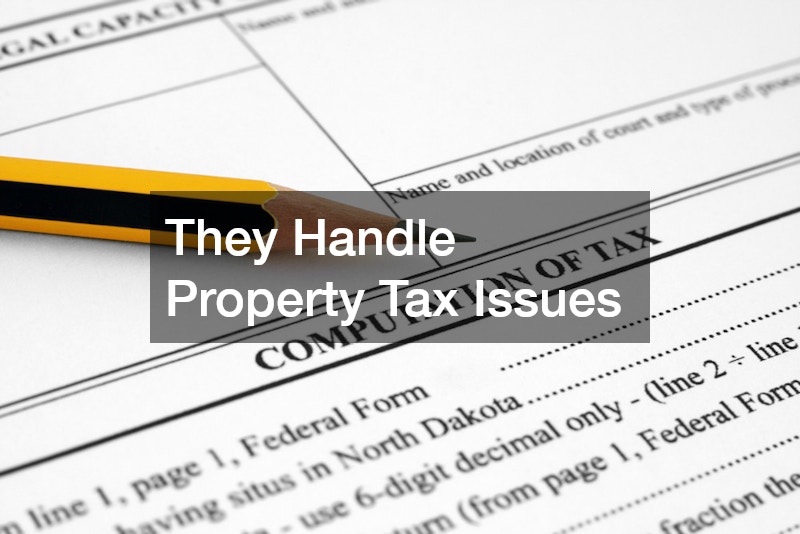A real estate lawyer is an attorney who specializes in legal matters related to property, including residential, commercial, and industrial real estate transactions. These professionals are critical in ensuring that all aspects of buying, selling, and owning property are legally sound and free from any disputes.
Whether you’re a first-time homebuyer or a seasoned investor, understanding the role of a real estate lawyer can help you navigate the complexities of property transactions with confidence.
1. Assisting with Real Estate Transactions
One of the primary duties of a real estate lawyer is assisting with transactions involving the purchase or sale of property. This can include residential homes, commercial properties, or even land. When buying or selling property, it’s crucial to have a lawyer involved to review all documents, contracts, and agreements. They ensure that all the terms and conditions are clear, fair, and in compliance with local laws.
For instance, real estate lawyers will review purchase agreements, which outline the terms and conditions of a sale. This review is critical, as it ensures that the buyer and seller are protected and that both parties understand their rights and responsibilities. The lawyer may also help negotiate certain terms, such as the sale price, contingencies, and closing date. Their expertise can also protect buyers from hidden clauses that might otherwise go unnoticed.
2. Title Search and Title Insurance
Before buying property, it’s essential to conduct a title search, which involves reviewing public records to ensure that the property’s title is clear. A real estate lawyer is typically involved in this process to verify that the seller has the legal right to transfer the property to the buyer. They will check for any outstanding liens, mortgages, unpaid property taxes, or other claims that could potentially affect the transfer of ownership.
Once the title is cleared, title insurance is often purchased to protect the buyer against any future claims that may arise. If there are any discrepancies or legal issues with the property’s title, a real estate lawyer can help resolve the situation before the deal proceeds.
3. Handling Lease Agreements
Real estate lawyers also play an essential role in drafting, reviewing, and negotiating lease agreements. These agreements can involve residential leases for tenants or commercial leases for businesses. A lawyer will help ensure that the lease is legally sound, protects the rights of both the landlord and tenant, and clearly outlines the terms of occupancy, rent payment, maintenance responsibilities, and other essential details.
For commercial properties, the complexities increase as the lease terms are often longer and more complicated. A real estate lawyer can help negotiate favorable terms for their client, such as rent control, options to renew, and tenant improvements. For residential leases, the lawyer will ensure that the lease complies with landlord-tenant laws, which can vary significantly by state and municipality.
4. Resolving Disputes
Real estate lawyers often handle disputes that arise between property owners, buyers, sellers, landlords, and tenants. These disputes may involve issues such as breach of contract, property damage, boundary disputes, evictions, and other conflicts related to property ownership or use.
For example, if a buyer fails to honor the terms of the contract, a real estate lawyer can help take legal action, whether that involves mediation, arbitration, or filing a lawsuit. If a dispute arises over property boundaries, a real estate lawyer can assist in resolving the issue, often with the help of a surveyor. In cases of eviction, real estate lawyers can help landlords follow the correct legal procedures to remove tenants who aren’t paying rent or violating lease terms.
Dispute resolution is one of the most critical aspects of a real estate lawyer’s job. These professionals can either help settle matters outside of court or represent their clients in litigation when necessary.
5. Real Estate Development and Zoning
Real estate lawyers are often involved in larger projects, such as real estate development. This can include the purchase of land for commercial or residential development, as well as assisting in obtaining permits and navigating zoning laws. Zoning laws dictate how land can be used, such as for residential, commercial, or industrial purposes. A real estate lawyer ensures that the development complies with all relevant zoning laws and regulations.
Additionally, real estate lawyers may assist developers in negotiating contracts with contractors, subcontractors, and architects, ensuring that all the legal aspects of a project are handled appropriately. They also help in handling any environmental regulations and making sure that the property development project meets all federal, state, and local environmental requirements.
6. Property Tax Issues
Real estate lawyers are often called upon to resolve issues regarding property taxes. They may assist clients who are contesting their property tax assessments, ensuring that they are not overpaying taxes. In some cases, a lawyer may also represent property owners in tax lien sales or foreclosure proceedings.
For commercial properties, tax issues can be even more complex, involving tax deductions, credits, and exemptions. Real estate lawyers can help owners ensure they take full advantage of available tax benefits and avoid legal issues related to unpaid property taxes.
Watch the video above to learn more about what a real estate lawyer does!
.







